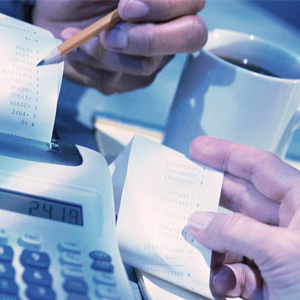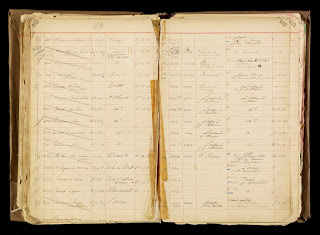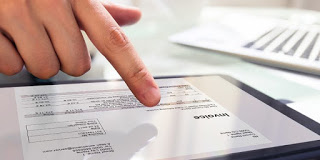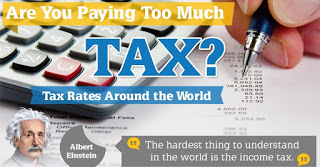From 1st January 2017, the rules for determining the income of the companies with the simplified bookkeeping change.Sole traders, non-profit organizations and unlimeted companies who have:• as company object the sale of services and revenues not exceeding 400,000 Euros, or• as company object the sale of goods (better “other assets”) and revenues not exceeding 700,000 Euroschange from the accrual method to the cash method.If all the firms with the simplified bookkeping opt in the ordinary bookkeeping, which continues to have the accrual tax system regime, or opt in the new “registration” tax regime, will record in a tax-book the revenues received noticing:a) the amount;b) the identity, address and the municipality of registered residence of the person making the payment;c) the details of the invoice or other document issued.All the firms with the simplified bookkeping will also have to record into another book the payments incurred during the year, taking care of providing the same information as indicated above in b) and c).Firms, that do not want to switch to the ordinary bookkeeping but do not want to manage the new cash basis, and the related accounting books, can change into the so-called “recordings method.” Under this new tax regime (limited to firms with simplified accounting) the income is based on the VAT records (in other words to the recorded invoices) during the year. This option has a three-year bond.It should however be pointed out that the this ‘simplified cash regime’ is actually a “hybrid” cash regime.The revenues of the companies in simplifed bookkeeping that remain in the cash regime (from January 2017 this is the natural regime of the firms/companies in simplified regime) consist of:• cashed issued invoices/receipts,• normal value of the assets allocated to shareholders or used for purposes that are extraneous to the business,• dividends,• interest received in the tax period,• income from real estate (someone under accrual method otherone under cash method depending on the type of property).The income will be the difference between these revenues received during the year and the expenses incurred during the same year recorded in the accounting records but not only …Also:• gains,• contingent assets,• contingent liabilities,• depreciation and amortization,• the provisions for pensions and social security for employees,• losses of capital goods,• losses on loans and• flat-rate deductions provided for specific categories of activities, such as, gas stations and sales agents.will participate to the income.Cash regime is useful to pay taxes only on profits that are really achieved (so on cashed revenue and / or paid costs), but the downside is the most detailed accounting and therefore the need to have more information.Just the time can tell how many firms will remain in the simplified cash accounting.A bizarre feature of cash regime for firms in a simplified bookkeeping is the fact that the final inventory of 2016 (last year of the scheme on an accrual basis) will be the initial inventory of 2017 (the first year the fiscal cash regime of this article) but final inventory of 2017, being 2017 an year under cash regime, will not be valued in the tax return.This means that 2017 will close with the initials inventory (‘costs’) and no final inventory (‘incomes’) so the companies with a hight valued inventory, almost certainly, will present tax returns with a loss. Someone can look at this favorably (no taxes due to pay) but someone else could look down on this (the bank will understand that the loss is only due to the change of the accounting method?).www.studio-alessio.it




